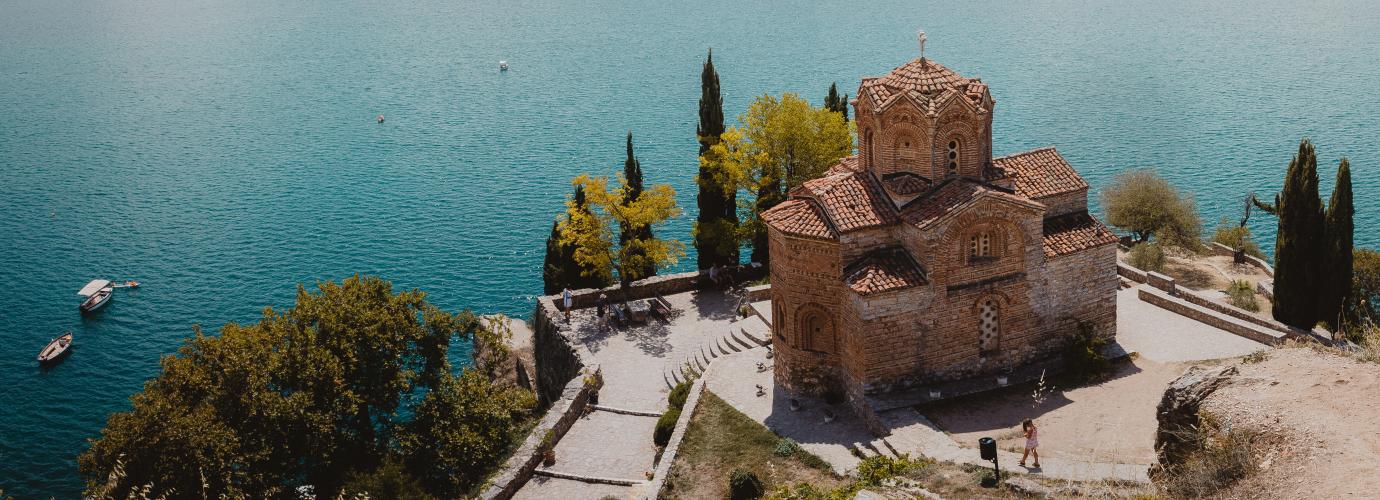• Private secondary schools (general schools/gimnasium)
• Private higher education institutions
• Private adult education organisations
The introduction of market economy during the 1990s has led to the establishment of private education institutions at pre-school, secondary and higher education level, with learners paying the full education costs.
Private institutions are established in all education fields in North Macedonia. However, private primary schools are not allowed according to Art. 45 of the Constitution. Several private secondary schools have established primary school programs as a form of experimental program and with the consent of the Ministry of Education and Science. These programs remain outside of the formal education system. According to the State Statistical Office’s report for academic year 2017/18, five primary schools have been operating in the country.
Private kindergartens
The Law on Child Protection provides the basis for establishing and functioning of private institutions for care and education of children at pre-school age which include kindergartens and early childhood centres. The establishing and functioning of these private institutions require approval by the Ministry of Labour and Social Policy. According to the State Statistical Office, the number of private kindergartens has increased from 22 in 2017 to 24 in 2018.
In addition, there were four Early Childhood centres in 2018. The legislation also allows establishing kindergartens within other private legal entities i.e. private companies, privates schools or private universities. In 2018 there were three registered kindergartens which are part/unit of other private institutions.
Private secondary schools (general schools/gimnasium)
The secondary education in North Macedonia is organized through public (state and municipal) and private secondary schools. According to the state statistical office for academic year 2017/18, there were 13 private secondary schools, providing general and/or vocational education. A total of 1,665 students attended private secondary schools in the academic year 2017/18.
Private higher education institutions
Private higher education institutions are established in accordance to the Law on Higher Education. As of 2018, a total of 11 private higher educations have been set up (9 private universities, high vocational schools and 1 private-public university). In the academic year 2018/19, a total of 6,648 students have been enrolled in undergraduate programs at private HEIs (12.4% of the total number of students).
The private higher education institutions and their study programmes are subject of accreditation by the Higher Education Accreditation and Evaluation Board (Agency for Quality of Higher Education is in process of establishment as of December 1, 2019). The operation of the private higher education institutions is governed by their founding acts and the respective statutes.
Private adult education organisations
Adult education has been introduced by the 2008 Law on Adult Education. In 2011 another legal act related to the sector, i.e. the Law for Open Civic Universities for Lifelong Learning was also adopted. As of 2018, 77 institutions for adult education have been verified.
In 2012, a process of verification of special programmes for adult education (programmes for non-formal learning) leading to qualifications or partial qualifications was launched. These programmes are designed in accordance with occupational standards, the number of which in 2018 was 265. In addition, 35 separate programmes for acquiring specific knowledge, skills and competencies have been verified since 2014.
Most of the institutions in the country that offer verified adult education programmes are private adult education organisations.

